Guardian deities are conceptual beings based on faith and spiritual beliefs, believed to protect individuals and communities.
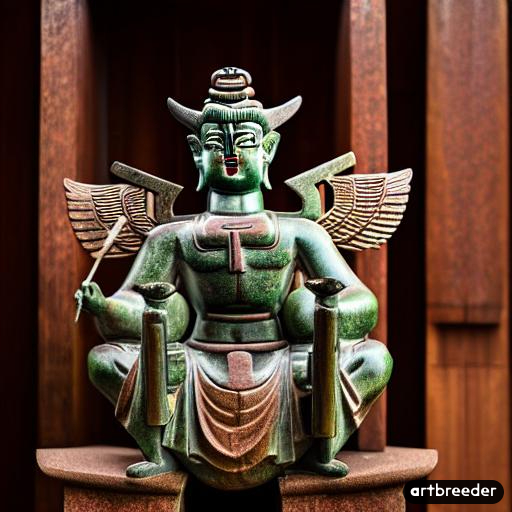
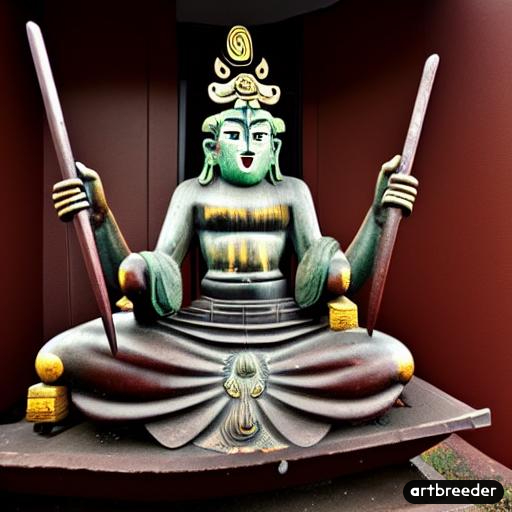
In various religions and cultures, guardian deities play important roles.
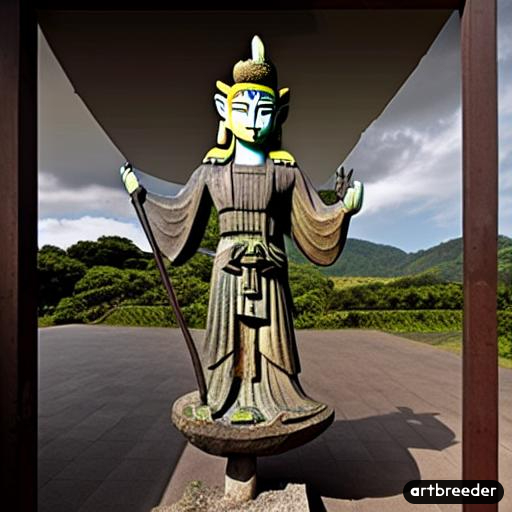
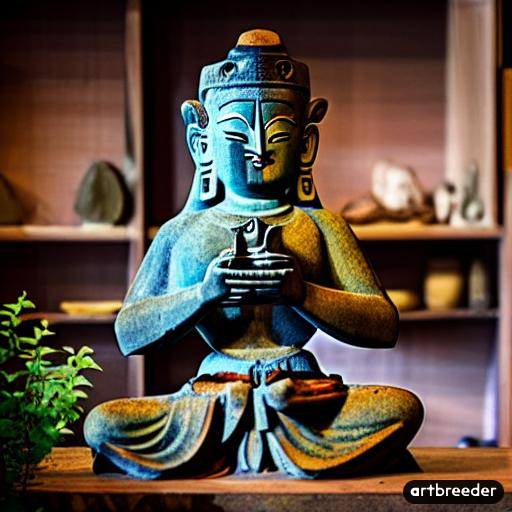
I have created an imaginary image based on the phrase “Statue of the guardian Deity of the countryside”.
田舎の守護神像
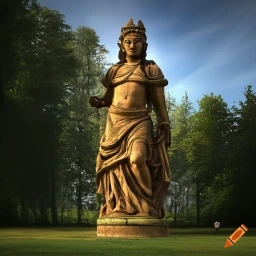
For example, in Greek mythology, there were gods who were believed to protect individuals and cities.
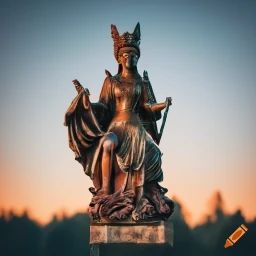
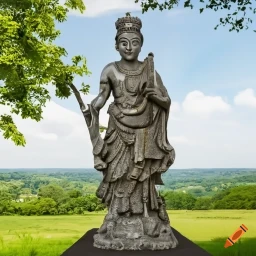
Athena, for instance, was considered the guardian deity of the city of Athens, protecting its citizens.
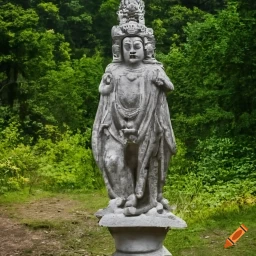
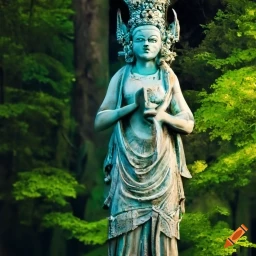
Similarly, in Christianity, angels and saints are believed to guard and protect individuals and communities.
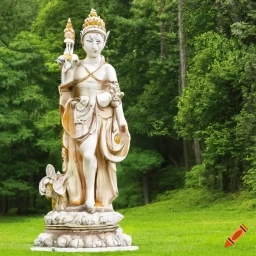
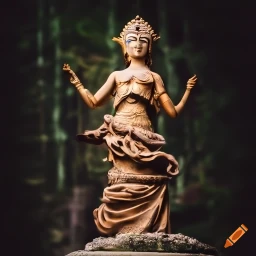
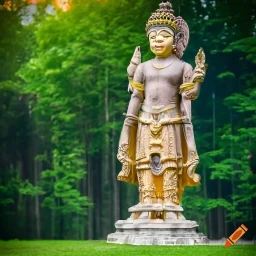
The existence of guardian deities is thought to provide people with a sense of reassurance and courage when facing difficult situations.
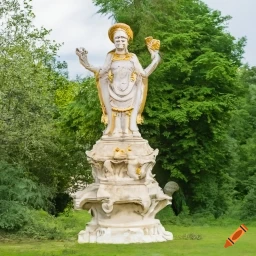
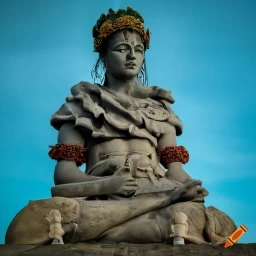
The belief in guardian deities is often strong in rural or countryside regions.
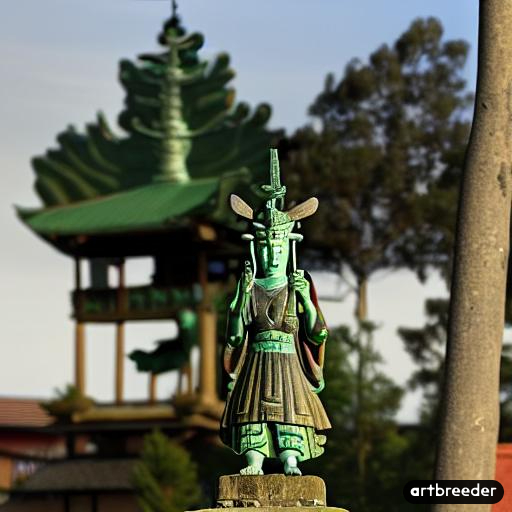
This is because the rural environment and way of life are closely intertwined with nature, making the worship of guardian deities and local gods particularly significant.
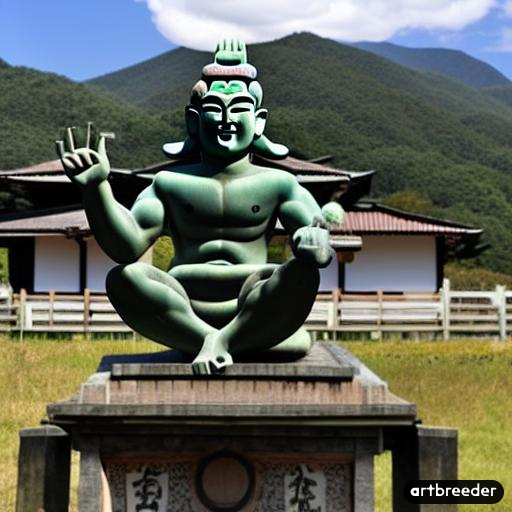
The faith in guardian deities in rural areas manifests through specific sacred sites, festivals, and traditional ceremonies.
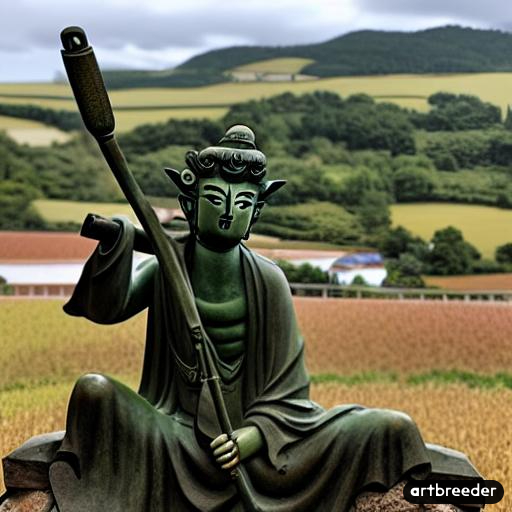
Local shrines and temples often serve as focal points for the worship of guardian deities.
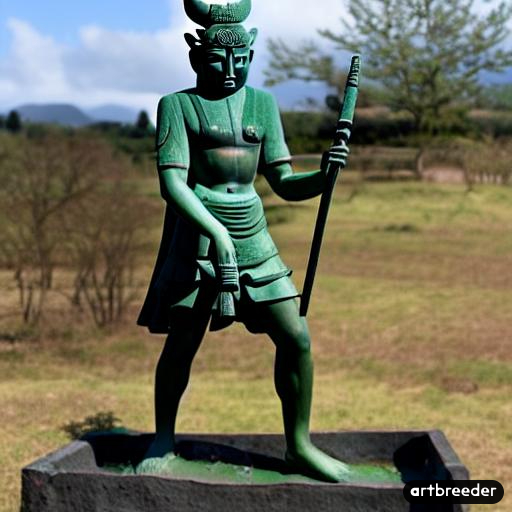
Additionally, gods or spiritual beings associated with region-specific industries such as agriculture or fishing may be revered as guardian deities.
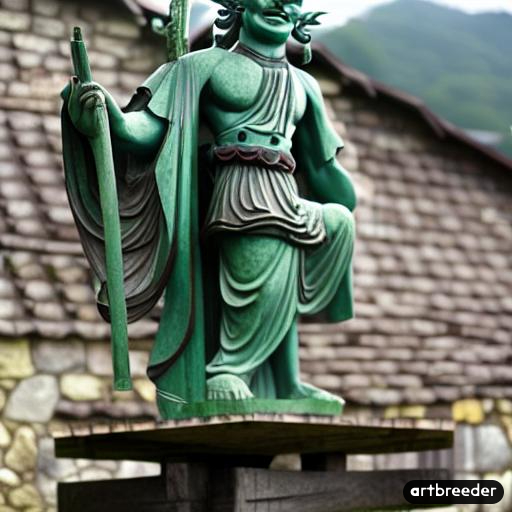
The belief in guardian deities is an integral part of the lives of rural communities, shaping their local identity and culture.
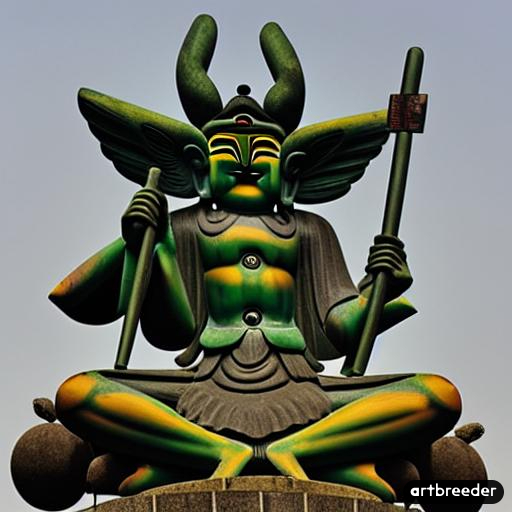
It commonly involves expressions of gratitude and prayers to the guardian deities for protection, bountiful harvests, and safeguarding against disasters.
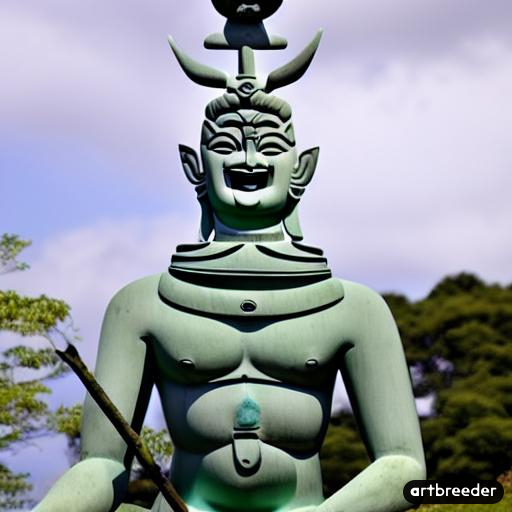
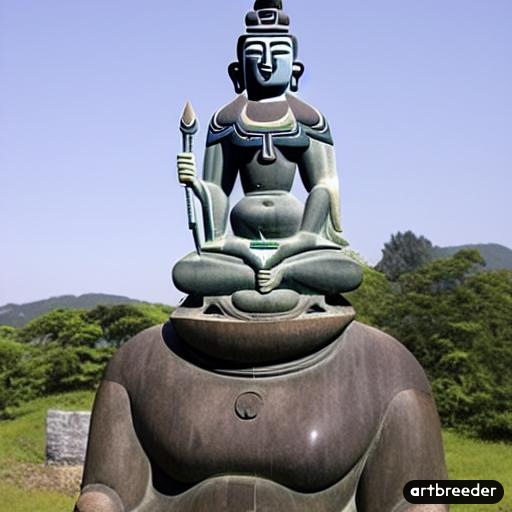
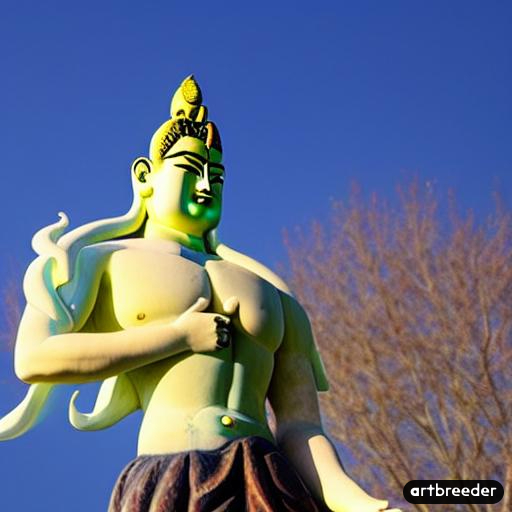
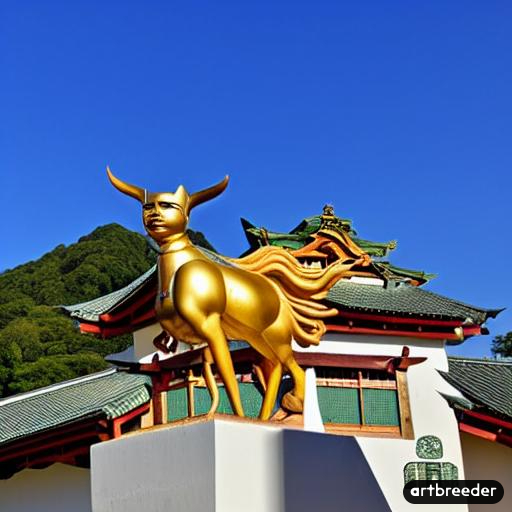
Beliefs about the existence and roles of guardian deities can vary depending on faith and may have different interpretations.
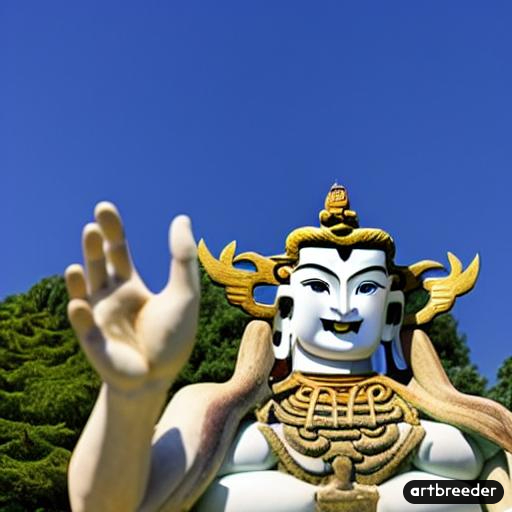
To gain a deeper understanding of regional traditions and the practice of faith, it is necessary to study the specific culture and history of the area in question.
